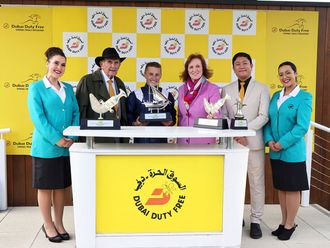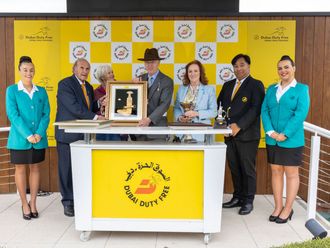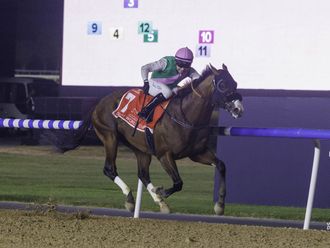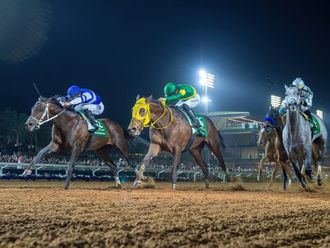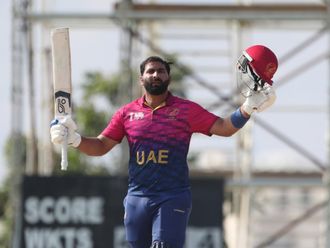Royal Ascot. The mere mention of the name conjures up images of men in pristine top hats and tails, also known as a morning dress, swallow-tail or clam-hammer, mingling with ultra fashionably dressed ladies sporting opulent hats or vintage style headpieces.
And of incredibly crowded trains, the tempting smell of home-made sausages and burgers, a challenging seven-minute walk from the station to the racecourse, where you will often see ladies in stockinged feet carrying their killer heels and not wearing them, and last but not the least - the ritualistic Royal Procession.
Royal Ascot is a prudently orchestrated occasion, perhaps comparable only to the Epsom Derby or France’s Arc de Triomphe meeting, in its image, aura, traditions and extensive television appeal. It’s a sporting soap opera in a subtle way in which, to some visitors, the racing is secondary. It’s the occasion that matters. What you wear, how you get there, what you eat, what you drink, and maybe, not necessarily though, the horse of your choice.
It’s pomp at its best. Even snotty types are known to join the ceremonial pilgrimage to England’s most hallowed racecourse, each June.
Yes, Royal Ascot is different. Like no other. It’s always been thus, at least as far as I can remember.
Still, it’s the one racing event that you don’t want to miss, particularly if you like your horseracing to be top-drawer and wide-ranging.
Where in the world will you get the finest five-days of racing - featuring 30 races of varied distances topped by eight Group 1s.
It’s economic impact is unrivalled, with published findings showing that the revenue generated is in excess of £130 million (Dh741 million). Perhaps only Sha Tin Racecourse in Hong Kong has such an impact, reportedly generating over 11 per cent of of the country’s tax revenue.
However, Royal Ascot is much more than a money-spinner, it’s a work in progress and has consistently grown from one decade to another.
This year, a new Group One, six furlong race, called the Commonwealth Cup, has been added to the rich programme. It will become the eighth Group 1 race at Royal Ascot, and will offer a generous £375,000 in prize money.
While Royal Ascot captures the unique flavour of British sport, it is an event that every trainer worth his salt wants to succeed at, and for some, even just a runner.
Horses with UAE connections have been a long-standing feature at the event and each year, the connections meticiously map out their plans to target specific races.
The late Shaikh Maktoum Bin Rashid Al Maktoum grew up racing horses and he was among the first Emirati owners to have effect on the sport and on Royal Ascot, a tradition that is followed relentlessly today by his brothers His Highness Shaikh Mohammad Bin Rashid Al Maktoum, Vice President and Prime Minister of the UAE and Ruler of Dubai, Shaikh Hamdan Bin Rashid al Maktoum, Deputy Ruler of Dubai and Minister of Finance and Major General Shaikh Ahmad Bin Rashid Al Maktoum, Deputy Chief of Dubai Police and Public Security.
A victory at Royal Ascot bestows the highest of reputations and should be viewed as it really is, the final frontier for horse and man.


